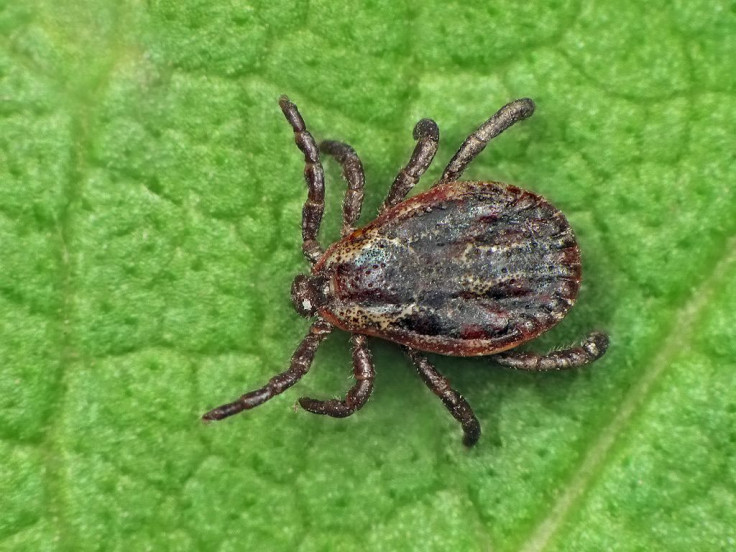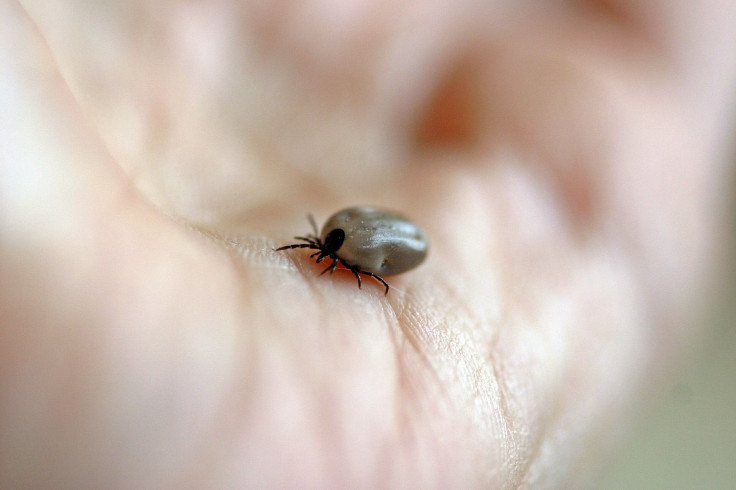2-Year-Old Falls Into Coma After Tick Bite, Wakes Up After A Week

Ticks are classified as small arachnids that require blood meals in order to complete their complex life cycles. They are scientifically classified as Arachnida, which is the same classification as spiders, and are notoriously known as transmitters of diseases such as Lyme disease, Tularemia, Bourbon virus, Colorado Tick Fever and Rocky Mountain Spotted Fever, to name a few.
Tickborne diseases are contracted when microbes found in their saliva and other mouth secretions get into their host’s skin and blood. One of the most common ways to contract tickborne diseases is through a tick bite. People who walk along grassy areas and woods have a higher risk of getting tick bites, especially in the months of April through September as this is when ticks are most active.
While there are over 800 species of ticks that can be found throughout the world, only two families of ticks are known to transmit diseases to humans—Ixodidae or hard ticks and Argasidae or soft ticks. While a majority of individuals who get tick bites develop no symptoms, these can still be dangerous and even deadly.
Take, for example, a recent study done by researchers that found thousands of people developed allergic reactions when consuming red meat after getting bitten by a tick. These allergic reactions are considered deadly, especially if people are not aware that they developed an allergy to red meat in the first place.

Another such case involves 2-year-old Jackson Oblisk, who was left in a coma for a week after contracting a potentially deadly but rare disease from a tick bite. His mother, Kayla Oblisk, stated that her son had gotten bitten by a tick on his neck when he and his grandfather went to the Mount Washington City Park.
Kayla further explained that his grandfather simply pulled it off and moved on, not thinking anything else of the encounter. Shortly after, however, Jackson began running a fever and had light pink spots on his body. The mother then took her son to a doctor, who proceeded to tell her it was simply a viral rash and that it would go away.
Unfortunately, Jackson’s symptoms did not go away and eventually got worse. The 2-year-old stopped eating and drinking and was now running a 105-degree fever. Additionally, Jackson also had body pains so severe that he’d scream whenever someone touched him.
Kayla Oblisk proceeded to take her son to Norton Children’s Hospital, where the toddler fought for his life after having slipped into a coma. The doctors diagnosed Jackson with Rocky Mountain Spotted Fever, which is a very rare and potentially dangerous disease transmitted through tick bites and proceeded to treat him accordingly.
The 2-year-old woke up just in time for his second birthday and is now recovering.
© Copyright IBTimes 2025. All rights reserved.





















